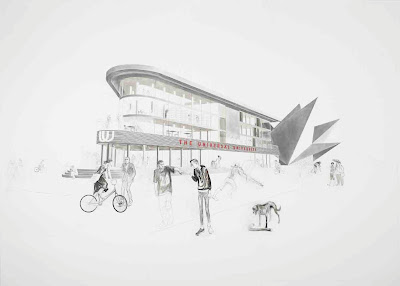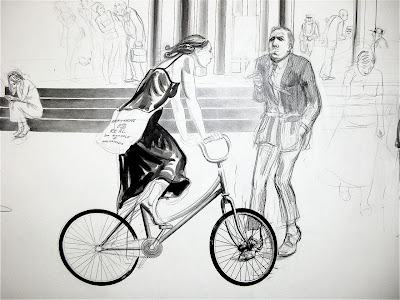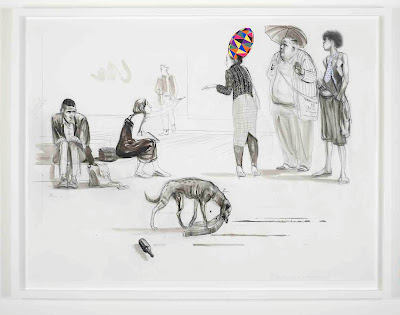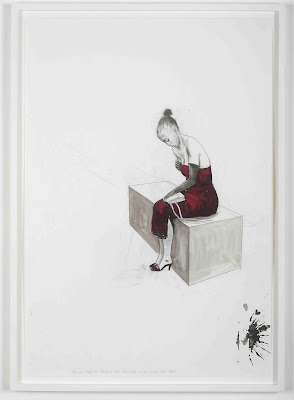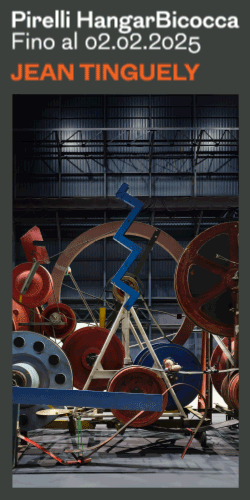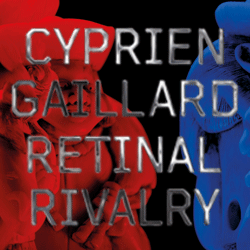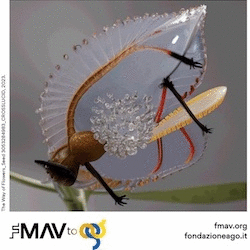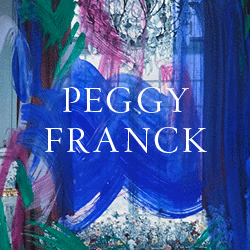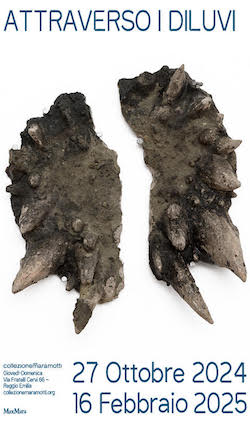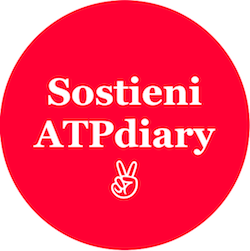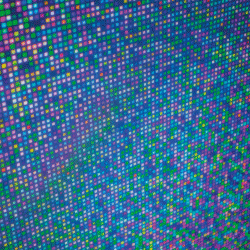Art * Text * Pics: You have been defined “an explorer”, do you feel like one.
Charles Avery: The protagonist of my fiction in characterized as an explorer, and I am naturally identified with him, as he is the narrative voice. Only McPhew as he is known, could be thought of as representing the artist, but also the viewer. He is the subject who gives form and sense to the world though his perception of it. He simultaneously discovers and invents the Island.
When I started the project there was nothing, of course, so I had to invent the parameters of the Island and its nature. Once I had established basic facts about it, other facts obviously ensued, and further facts were corollaries of these e.t.c. The more the Island takes shape , the more I feel it is an independently existing entity which I am ‘discovering’ and recording. It is nice to feel relieved of the responsibility of having to ‘ invent’, and simply have to perceive.
ATP: Why in your works, do you solicit the eternal dialectic between “duty” and “identity”.
CA: I don’t know why, but I like this interpretation.
ATP: The necessity to create a reality like “the islanders”, what should this lead us to think.
CA: I have no strong feelings about this. I want to create a structure for thinking, one without an answer, but I am not interested in attempting answers to questions that have proven to be intractable.
There is no point to my project in the world at large. I am not proposing a Utopian state, nor am I promoting any political tendency, protesting against anything, or lamenting world poverty, nor do I, despite a predisposition, want to attempt any grand metaphysical system. It is simply, to the viewer/perceiver, what they want to make of it. However, internally, it is utterly meaningful. Any work that I make, for example the One-armed Snake , (which is, as the name suggests, a snake with an arm) when it goes into the world will have various meanings attached to it, over which I have no control, but within the Island, its meaning is utterly clear and explicit. I enjoy the friction between these two types of meaning, the analytic and the synthetic.
I would be most proud if the Islanders in book form were to be adopted in schools as a basis for philosophical discussion, not for teaching, but for expansive thinking. I love to think. Answers are irrelevant, although one always thinks in the name of truth ; this is the contradiction!
ATP: Why did you choose drawing as a tool of expression.
CA: Drawing comes naturally, I didn’t choose it. For me it is the most direct means of expression, the quickest. One can draw at the speed one thinks. I think of it as a form of photography, and I am aware of imbuing my drawings with that feeling, but obviously I can’t take a camera to the Island. I draw from my imagination, and that is a great freedom. One worries less about imitating reality, and it helps achieve a natural coherence within the work itself.
Charles Avery: The protagonist of my fiction in characterized as an explorer, and I am naturally identified with him, as he is the narrative voice. Only McPhew as he is known, could be thought of as representing the artist, but also the viewer. He is the subject who gives form and sense to the world though his perception of it. He simultaneously discovers and invents the Island.
When I started the project there was nothing, of course, so I had to invent the parameters of the Island and its nature. Once I had established basic facts about it, other facts obviously ensued, and further facts were corollaries of these e.t.c. The more the Island takes shape , the more I feel it is an independently existing entity which I am ‘discovering’ and recording. It is nice to feel relieved of the responsibility of having to ‘ invent’, and simply have to perceive.
ATP: Why in your works, do you solicit the eternal dialectic between “duty” and “identity”.
CA: I don’t know why, but I like this interpretation.
ATP: The necessity to create a reality like “the islanders”, what should this lead us to think.
CA: I have no strong feelings about this. I want to create a structure for thinking, one without an answer, but I am not interested in attempting answers to questions that have proven to be intractable.
There is no point to my project in the world at large. I am not proposing a Utopian state, nor am I promoting any political tendency, protesting against anything, or lamenting world poverty, nor do I, despite a predisposition, want to attempt any grand metaphysical system. It is simply, to the viewer/perceiver, what they want to make of it. However, internally, it is utterly meaningful. Any work that I make, for example the One-armed Snake , (which is, as the name suggests, a snake with an arm) when it goes into the world will have various meanings attached to it, over which I have no control, but within the Island, its meaning is utterly clear and explicit. I enjoy the friction between these two types of meaning, the analytic and the synthetic.
I would be most proud if the Islanders in book form were to be adopted in schools as a basis for philosophical discussion, not for teaching, but for expansive thinking. I love to think. Answers are irrelevant, although one always thinks in the name of truth ; this is the contradiction!
ATP: Why did you choose drawing as a tool of expression.
CA: Drawing comes naturally, I didn’t choose it. For me it is the most direct means of expression, the quickest. One can draw at the speed one thinks. I think of it as a form of photography, and I am aware of imbuing my drawings with that feeling, but obviously I can’t take a camera to the Island. I draw from my imagination, and that is a great freedom. One worries less about imitating reality, and it helps achieve a natural coherence within the work itself.
